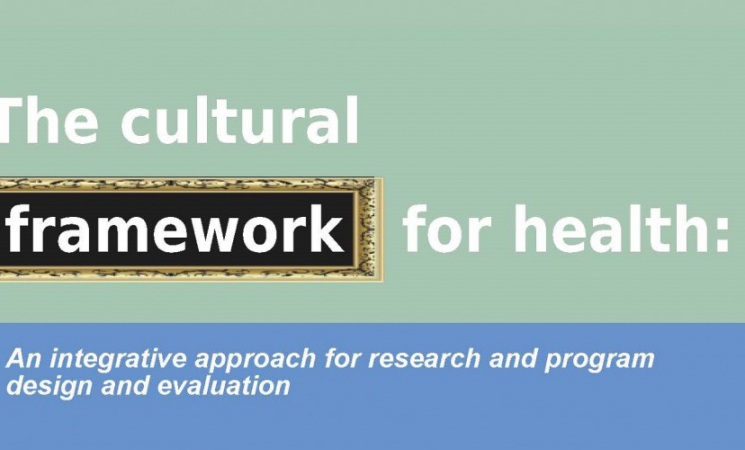
Wednesday, June 17, 2015
Ilan H. Meyer, Ph.D., University of California, Los Angeles, School of Law
Margaret Rosario, Ph.D., The City University of New York
Alisia (Giac-Thao) Tran, Ph.D., Arizona State University
Nicholas Heck, Ph.D., Marquette University
Description
Part of the Office of Behavioral and Social Sciences Research webinar series, “The Cultural Framework for Health—New Approaches.”
With awareness about transgender people growing in the public and among researchers and policymakers, there are new opportunities to address the mental and physical health needs of transgender people in the United States. Timely and accurate data about transgender people over the life course is crucial to design evidence-based health interventions and practices.
To date, most of what researchers know about the transgender population comes from studies that used convenient, rather than representative, samples, relating to the stigma that sexual and gender minorities face in different regions. Nonetheless, these past studies have provided valuable information about transgender lives, but may not accurately represent the entire population given their respective sampling processes.
In this webinar, Dr. Ilan Meyer describes the foundations of the minority stress approach to the study of LGBT health disparities and discusses challenges and critics of the theory. Dr. Meyer describes two new studies (Generations and TransPop) that use an innovative methodology to capture a representative sample of the United States. LGBT population to assess stress, resilience, and health.









